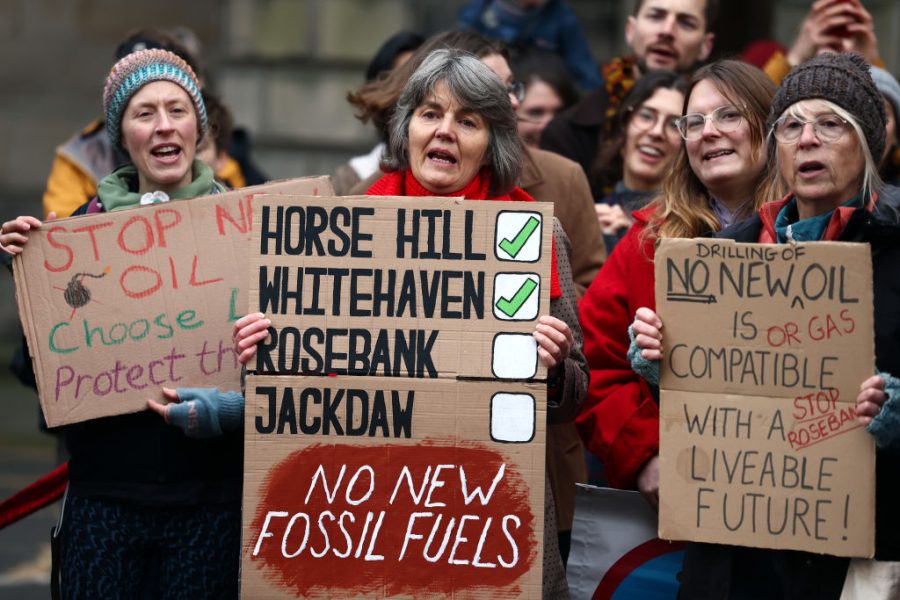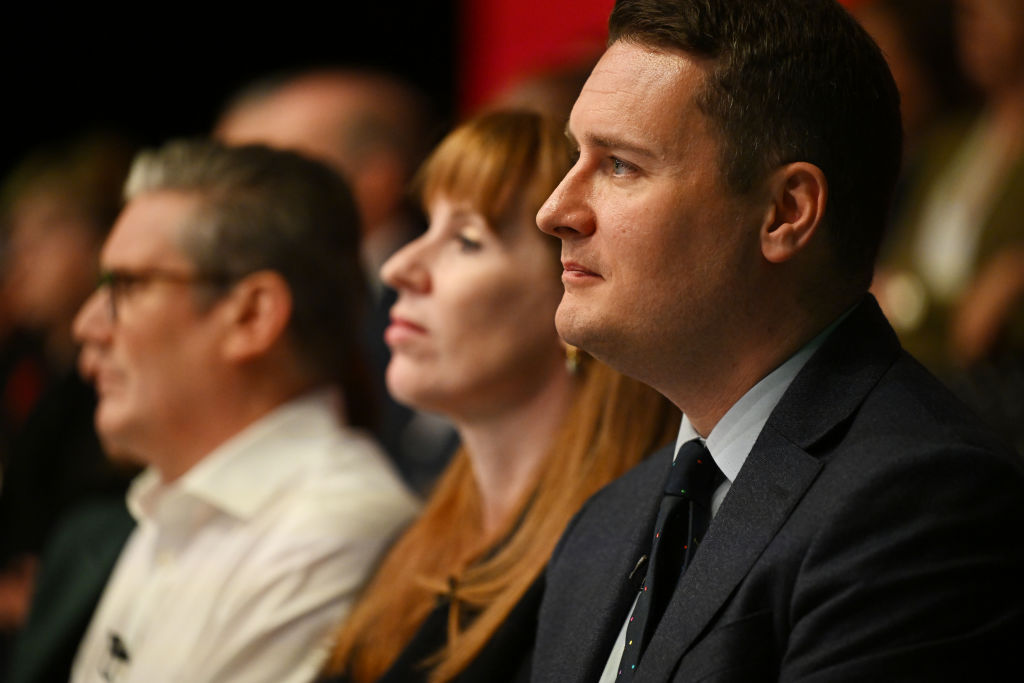Environmental campaigners are hoping to announce at Cop29 that they’ve halted two major oil and gas fields in the North Sea. A crucial court battle over the fate of the the Rosebank and Jackdaw fields began in the Court of Session in Edinburgh today.
The greens smell victory over evil fossil fuel companies. But closing these two fields won’t advance net zero by a single day since we will still have to import oil and gas from abroad.
Shell, Equinor and Ithaca had received consent from the North Sea Transiton Authority last September to proceed with drilling in the fields following an environment impact assessment (EIA). However, Greenpeace and Uplift, who are bringing the judicial review, argue that is unlawful because it didn’t take into account the environmental impact of burning the oil and gas down stream, when it is used as fuel. The UK government agrees with them, it seems.
Keir Starmer is not contesting the claim that the drilling in Jackdaw and Rosebank is unlawful and seems to be leaving it to the fossil fuel companies to make the case for continuing. The companies say they went ahead in good faith before the UK Supreme Court changed the law earlier this year to include emissions from burning in the EIA. It would be unreasonable, they argue, to halt the developments now when so much money has been invested. The fields will employ some 1,600 workers.
Starmer’s environmental defeatism makes little environmental sense and will further undermine the UK’s energy security. Closing down the North Sea prematurely will simply mean even greater reliance imports of oil and gas from abroad. Much of it is in the form of liquefied natural gas (LNG) from the United States, which is produced by fracking – a process banned in the UK. We also import large quantities from Norway which is still drilling in the Arctic.
We used to be self sufficient in gas, as recently as 2005. Still today, 50 per cent of UK supply is generated in the North Sea. But not for much longer if the Net Zero Secretary Ed Miliband has his way.
The campaigners say that oil and gas from the North Sea is exported, which is a specious argument. The fact that it is mostly processed overseas is largely because the UK has closed down most of its refineries. Last month, Scotland’s last major petrochemical refinery, Grangemouth near Falkirk, was given a final death sentence by its owner, Jim Ratcliffe’s Ineos. It will become a portal for imported LNG. It had been refining crude from the Forties field into 65 per cent of Scotland’s petrol, diesel and other products.
Oil and gas has always been ‘sold’ on the global market. Yet it remains a strategic resource. No one would have argued 20 years ago that the UK should’ve closed down its oil and gas fields in order to import hydrocarbons from abroad. Anyone who’d said that then would have been regarded as mad.
Today, 75 per cent of UK energy use is still derived from fossil fuels and that isn’t going to change any time soon. Fossil fuels will be needed long after net zero, not least as plastics for the NHS. It is ‘net’, not absolute zero. And closing the North Sea, which is already in steep decline, will not bring net zero a day closer. It will simply increase the UK’s carbon footprint because of the fuel expended on importing oil and gas from abroad. Neither will it make the cost for families to heat their homes any cheaper.
Oil and gas revenues generate billions for the UK exchequer. The industry as a whole employs 100,000 people whose jobs will simply be exported abroad. Energy security is, moreover, vitally important for counties such as Britain as we transition to renewable energy, which depends on the engineering skills developed in the oil and gas industry.
Keir Starmer promised during the election election campaign that drilling would go ahead in Jackdaw and Rosebank. It is regrettable that the UK government has now wilted in face of propaganda. He is simply trying to hide behind the energy companies in order to curry favour with green lobbyists.
But he may have seriously underestimated the frustration of the UK electorate at the rising cost of fuel, not least for pensioners who’ve lost their winter fuel allowance. If he wants to lose the next general election and generate a backlash against net zero, he’s going the right way about it.








Comments